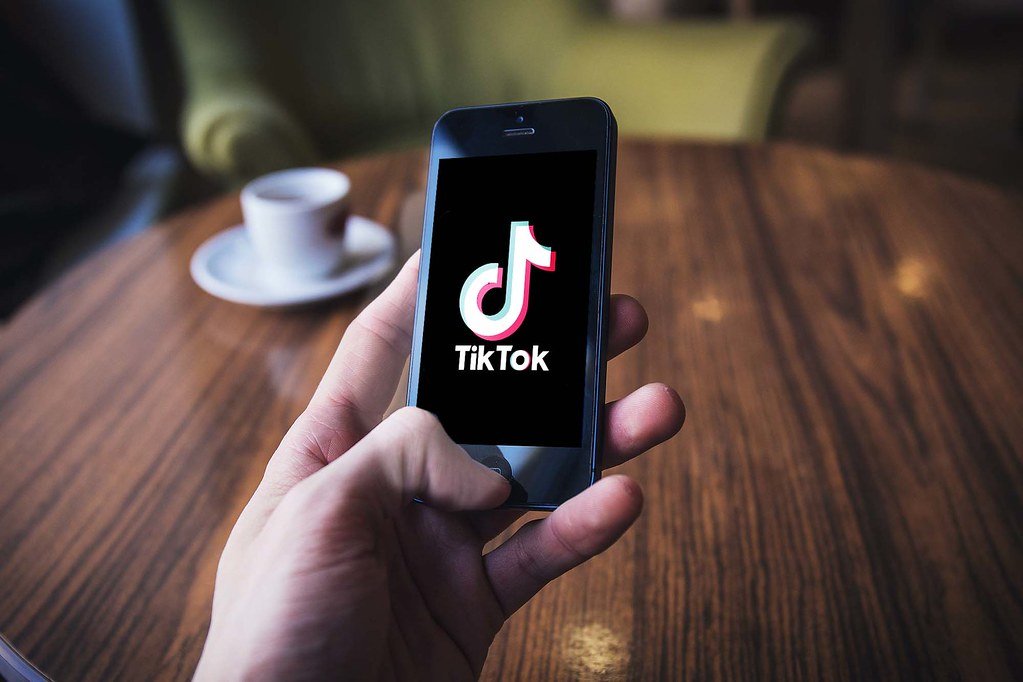
Brussels — The European Commission has taken a significant step in holding TikTok accountable under the Digital Services Act (DSA), announcing today that it believes the social media giant is in breach of the law over its lack of transparency in advertising.
According to the Commission’s preliminary findings, TikTok’s advertisement repository fails to meet crucial DSA standards. The platform does not provide sufficient information about who pays for ads, how audiences are targeted, or what content is being promoted — a legal requirement aimed at protecting users and democratic institutions.
“Transparency in online advertising—who pays and how audiences are targeted—is essential to safeguarding the public interest,” said Henna Virkkunen, Executive Vice-President for Tech Sovereignty, Security and Democracy. “TikTok is not complying with the DSA in key areas of its advertisement repository, preventing the full inspection of the risks brought about by its advertising and targeting systems.”
Why It Matters
The Digital Services Act, which came into force in 2024, is Europe’s landmark law designed to hold major tech platforms accountable for content moderation, advertising practices, and the protection of users. One of its cornerstones is ad transparency—requiring platforms to provide searchable, detailed repositories of all advertisements shown on their service.
Such transparency is especially critical in contexts such as elections, public health, and consumer protection, where coordinated disinformation and scam campaigns often rely on opaque advertising methods.
What TikTok Is Allegedly Failing To Do
Lack of targeting information: TikTok reportedly does not reveal how specific user groups are selected for ad campaigns.
Opaque payment data: The platform does not disclose who paid for the ads, violating DSA transparency requirements.
Limited searchability: The current repository design makes it difficult or impossible for researchers, journalists, or watchdogs to analyze ad trends or detect coordinated campaigns.
The Commission’s investigation included internal document reviews, tool testing, and expert interviews, and while these findings are preliminary, they mark a serious escalation in the EU’s scrutiny of TikTok.
What Happens Next?
Today’s notification is not yet a final ruling, but it signals that the EU could impose hefty fines or corrective orders if TikTok fails to address the Commission’s concerns. Under the DSA, platforms found in breach can face fines of up to 6% of global annual turnover.
TikTok has the opportunity to respond to the allegations and propose measures to come into compliance before the Commission reaches a final decision.
This development follows a growing global conversation around tech platform responsibility, especially as major democracies prepare for high-stakes elections. The EU’s firm stance shows its commitment to leading the charge in regulating digital spaces and protecting public trust in online systems.
More information is expected in the coming weeks as TikTok responds to the Commission’s findings.



